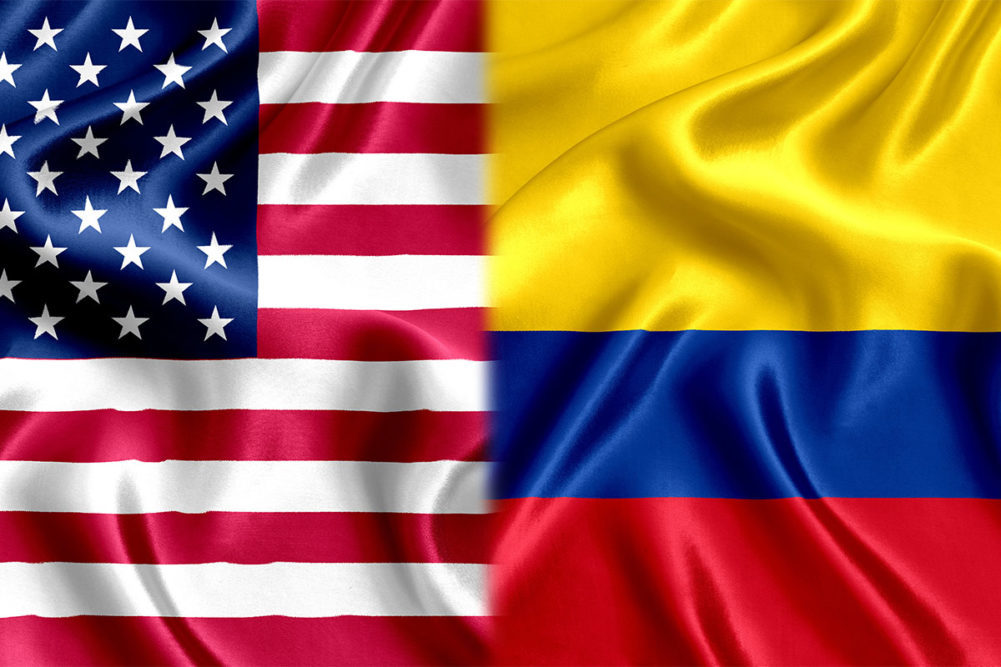DENVER — Representatives from the US Meat Export Federation (USMEF) and the US Department of Agriculture (USDA) sat down with Colombian officials in a seminar designed to build a better understanding of the industry in the two nations. The meetings sought to address import challenges in Colombia, including the country’s recent ban on beef imports from states where highly pathogenic avian influenza (HPAI) has been detected in dairy cows.
“USMEF Colombia, USMEF Denver and the Foreign Ag Service post in Bogota came together with an idea to build relationships and really improve understanding of how both markets work, particularly in relation to importing US beef and pork into Colombia,” said Courtney Heller, USMEF director of export services. “We had some outstanding technical trade issues that we felt would probably be resolved if we just really met and discussed how the industry worked. In that time period as we were arranging this seminar, high path avian influenza was found in some of our dairy cattle, and Colombia started to ban US beef if that high path avian influenza was found in dairy cattle in that state. So this program evolved into something that would also cover addressing that trade barrier, in addition to just the overall relationship building efforts that we had in mind.”
In April, Colombia began restricting the import of fresh and frozen US beef from states with dairy cattle testing positive for HPAI. However, studies conducted by the USDA so far indicate that the beef supply remains safe for consumption.
During the seminar, US representatives offered a farm-to-fork view of the US meat industry to give the Colombian officials a better understanding of USDA’s food safety oversight.
Heller explained the different structural approaches to the meat industry in the United States compared to Colombia that could lead to misunderstandings.
“The difference between Colombia and the US is that Colombia has very few federally inspected plants, and in our country almost every — and especially every large plant — is federally inspected,” Heller said. “And the infrastructure is very large and very effective. Another key difference between our industries is HACCP is not mandatory in many countries, including Colombia, but in the US, if you’re federally inspected, every facility is mandatorily using HACCP as part of their day-to-day operations.”
Following the seminar, both countries expressed interest in continuing the event on an annual basis.
Colombia is a major destination for US pork, with exports racing to a record pace in 2024, according to USMEF. Through the first half of the year, shipments increased 33% from a year ago to nearly 57,000 tonnes, while value soared 44% to $157.4 million. Beef exports to Colombia posted a strong first quarter but have struggled since HPAI-related restrictions were imposed in April. First-half beef exports fell 22% year-over-year to 2,224 tonnes, valued at $13.4 million (down 13%).


